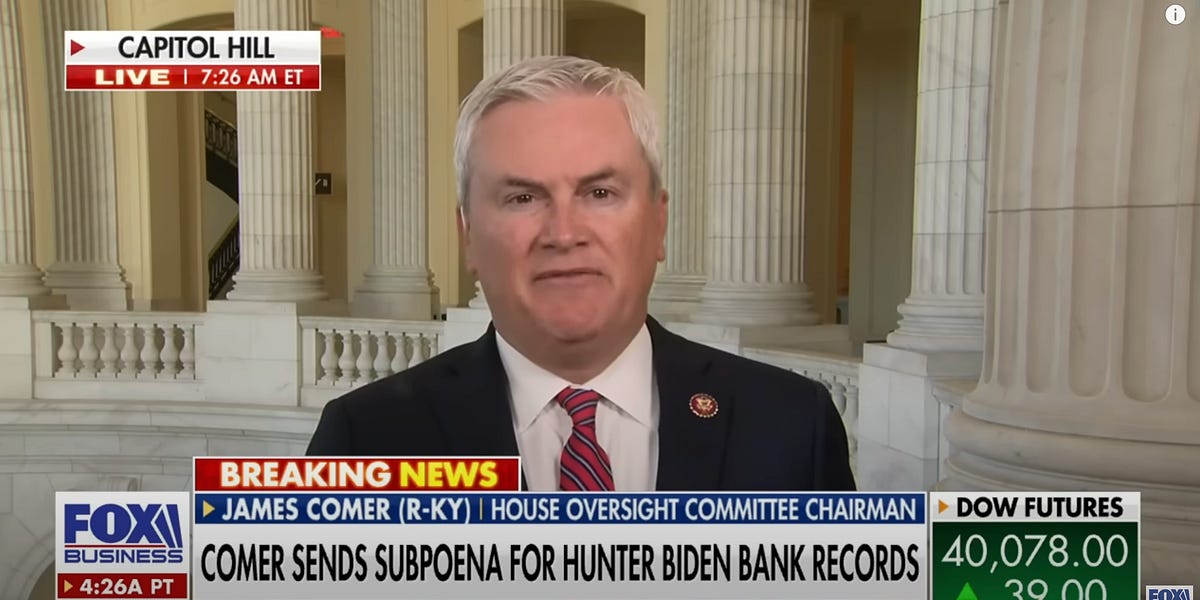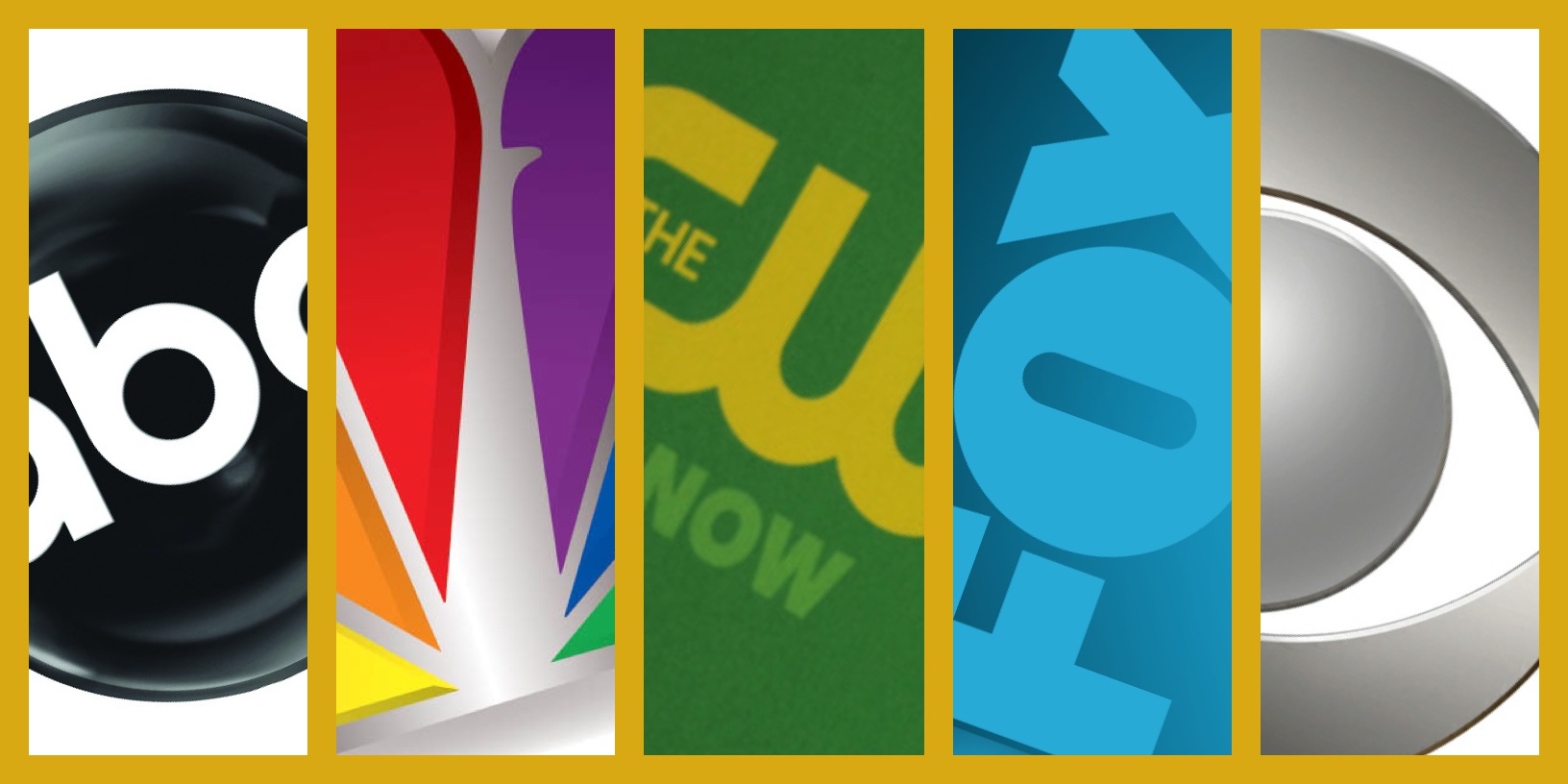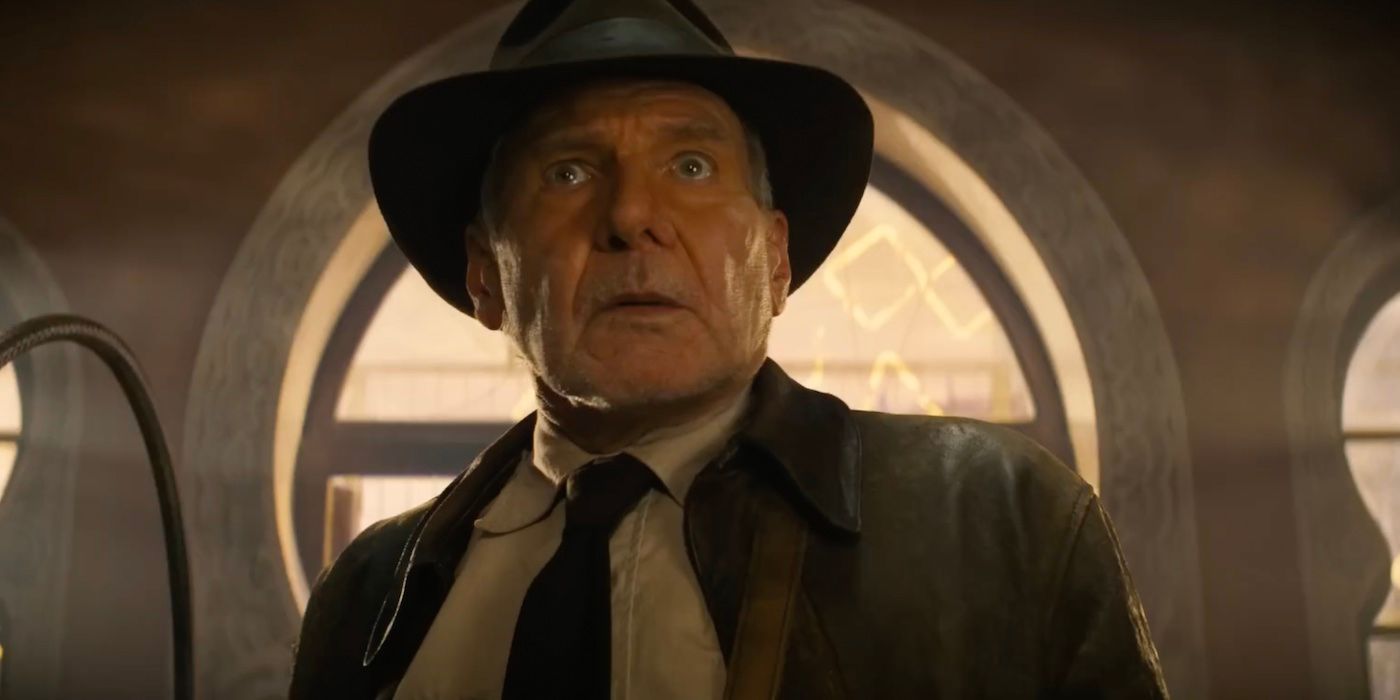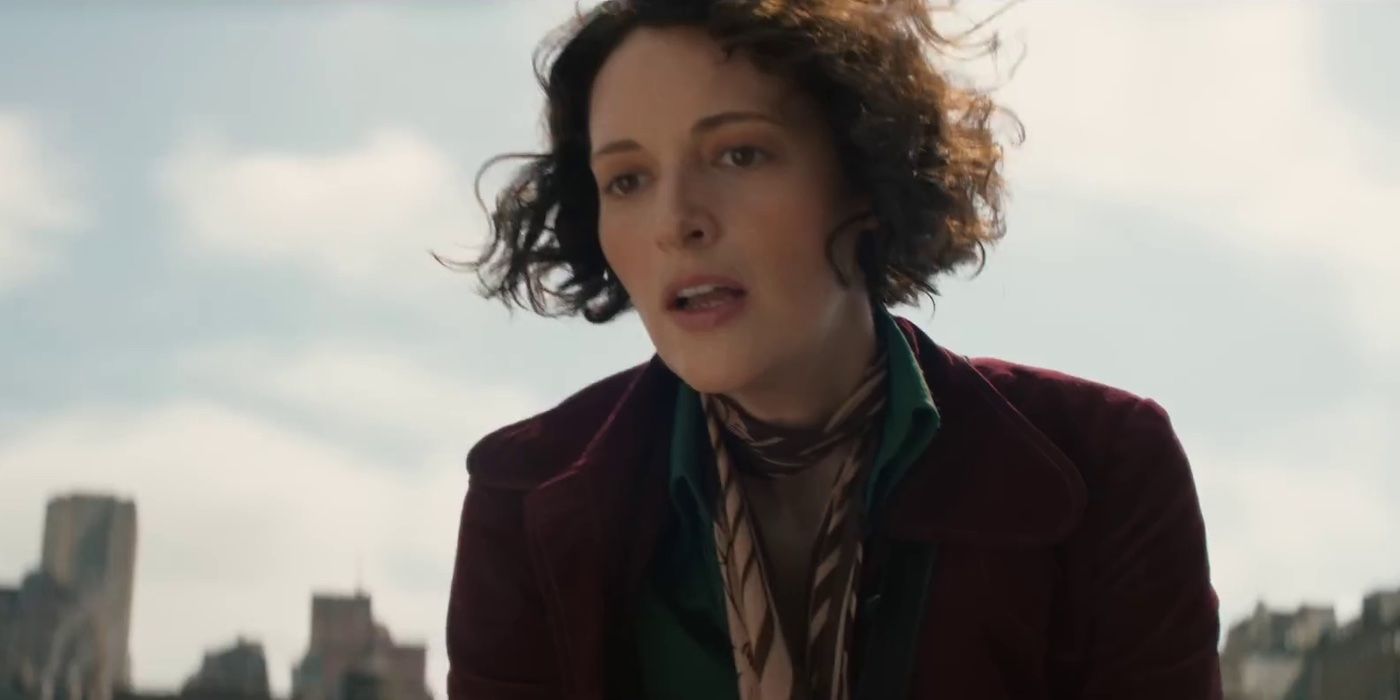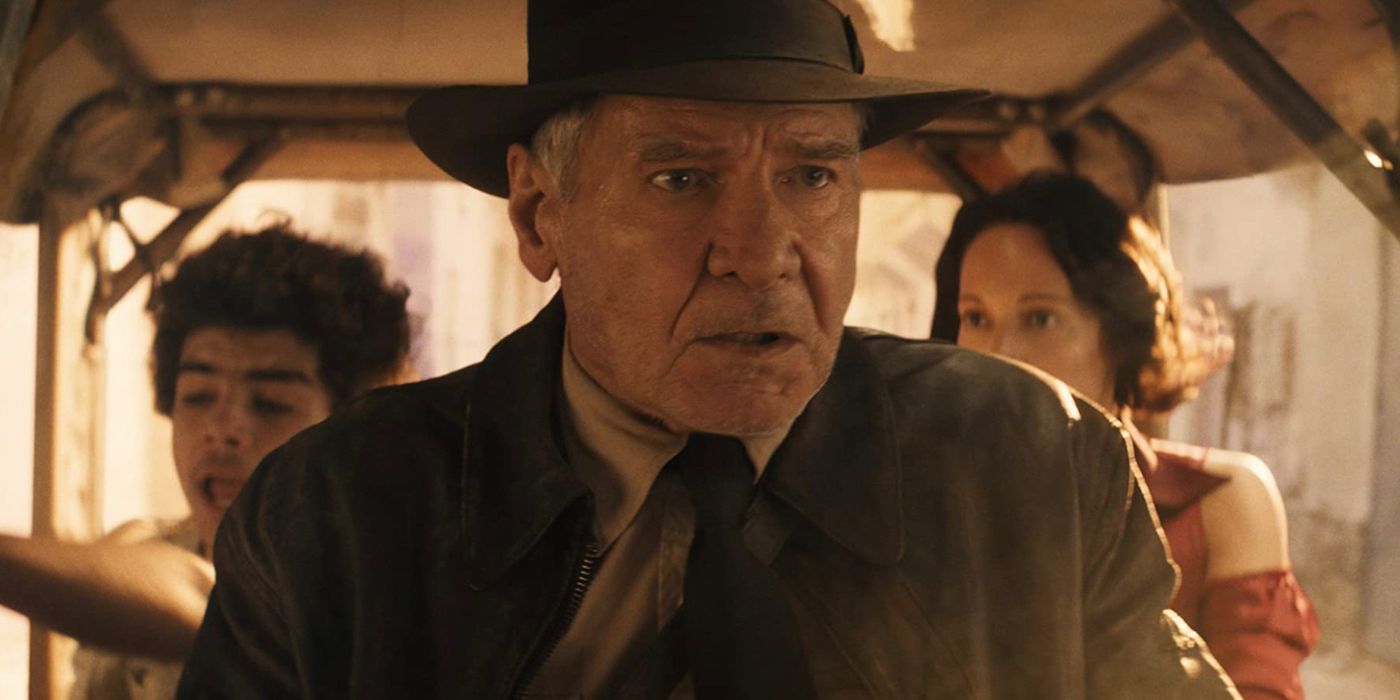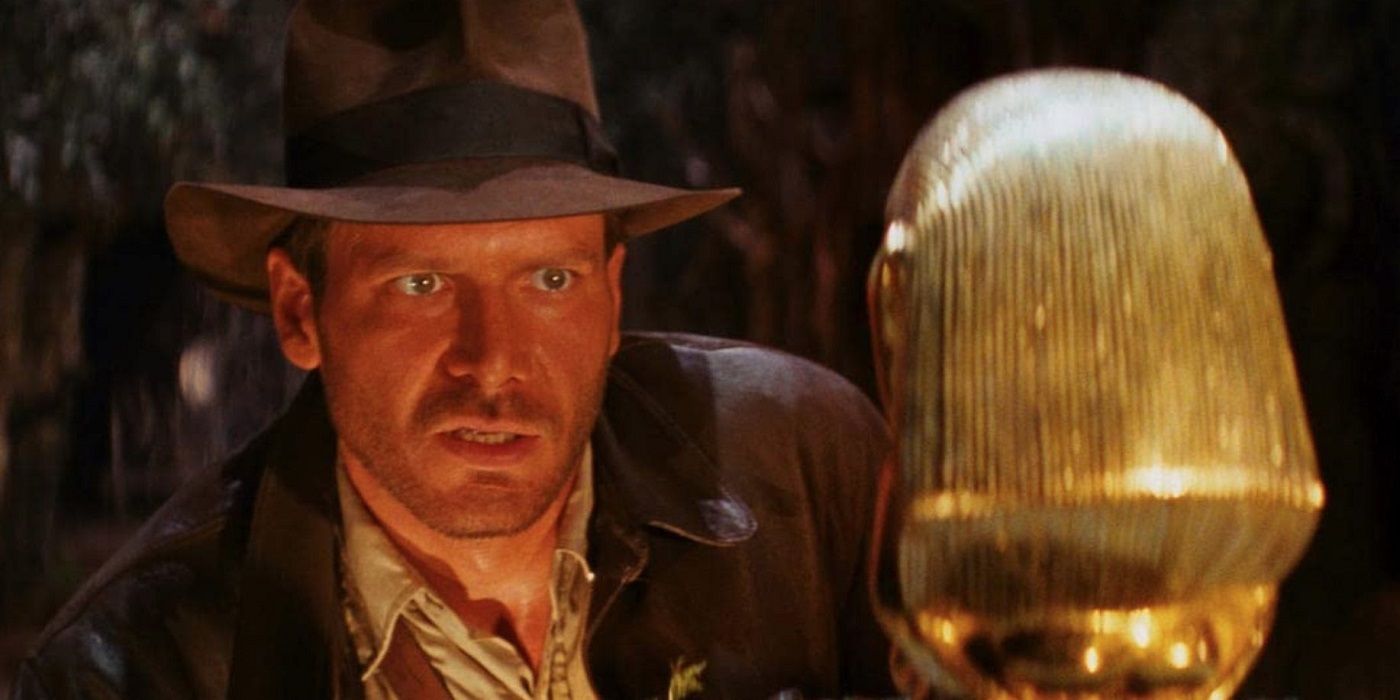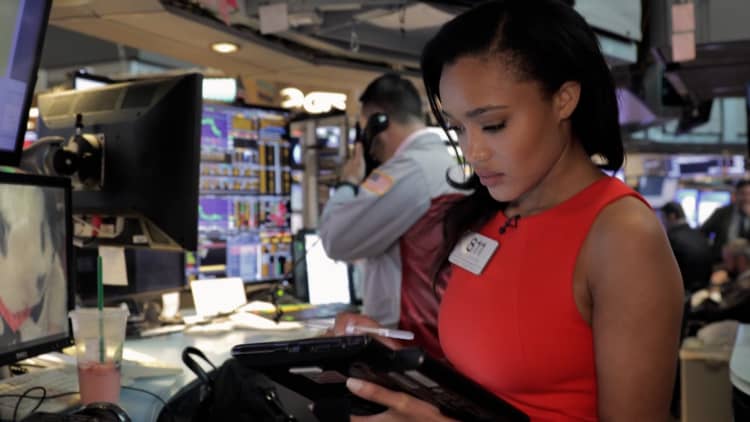In a few weeks, Indiana Jones and the Dial of Destiny will whip its way into theatres nationwide, and Harrison Ford’s time as cinema’s greatest hero will end. It’s always sad when such a beloved character graces our presence with one final appearance before riding into the sunset forever, but such occasions can (and indeed, should be) a momentous festival as we celebrate someone who has rightfully earned their place in the annals of popular culture. However, such festivities are somewhat muted for Indiana Jones due to the absence of a certain somebody in the directing chair – none other than everyone’s favorite filmmaker, Steven Spielberg.
Despite having helmed all previous entries to widespread acclaim (with Raiders of the Lost Ark even scoring him a nomination for Best Director), Steven Spielberg chose not to reprise his duties with Dial of Destiny, ending a series traditional that had lasted over forty years. Instead, Logan and Ford v Ferrari director James Mangold will be serving as Spielberg’s replacement, with Spielberg remaining as an executive producer alongside the franchise’s other dominant creative force, George Lucas. The announcement that he would not be directing the fifth installment of a series he is so closely associated with was met with much unease, with this feeling continuing to bubble under the surface ever since. But why did Spielberg take a backseat in this latest production? Kingdom of the Crystal Skull might not be anyone’s favorite Indiana Jones film, but that didn’t stop Spielberg from voicing his commitment to directing the next one multiple times even after Lucasfilm was purchased by Disney in 2012. Clearly, something must have happened to change his opinion so drastically, but what? As with all such questions, there’s no easy answer… but that doesn’t mean that this mystery is entirely in shadows.
What Is the Decades-long Story Behind ‘Indiana Jones and the Dial of Destiny’?
Indiana Jones and the Dial of Destiny has a long history behind it. As far back as 1979 – two years before Raiders of the Lost Ark had even been released – Spielberg and Lucas had agreed a deal with Paramount Pictures to make five Indiana Jones films, signaling their intention to remain with the series indefinitely. However, active development on the project only began in 2008 following the release of Kingdom of the Crystal Skull, with Lucas once again spearheading the film’s narrative until a script had been finalized. It was here where the problems started. Despite brainstorming a concept that was (to quote Harrison Ford) “crazy but great”, Lucas was unable to devise anything that satisfied both his and Spielberg’s vision for the franchise – the former wanting to return to a style reminiscent of the original trilogy, and the latter wanting to continue with Crystal Skull style experimentation. There’s no denying that all three parties wanted to make the film, but as the protracted development of its predecessor had shown, such things cannot be rushed.
Unfortunately, this issue remained unsettled by the time Lucasfilm was acquired by Disney in 2012, prompting Lucas to concede all control over the franchise’s trajectory to the company’s new president, Kathleen Kennedy. While the addition of new – and far less indecisive – blood should have roused things onward, Kennedy rapidly confirmed the studio’s prioritization of their other major acquisition, Star Wars, leaving Indiana Jones 5 in limbo (not helped by Paramount still owning distribution rights to future Indiana Jones films until Disney scooped them up one year later). Murmurings of a fifth film were rife in the years that followed, but it wasn’t until March 2016 that Disney gave the greenlit to the project, with Ford back in the role once again. For the first time since the film’s inception, Indiana Jones 5 was more than just a pipedream. Now they just had to make it.
Steven Spielberg Was Initially Announced as ‘Indiana Jones and the Dial of Destiny’s Director
Throughout this period, Spielberg remained attached as director – nebulously at first and then confirmed thanks to the March 2016 press release. It was news that would delight any moviegoer, and with series veterans like producer Frank Marshall and composer John Williams also set to reprise their roles (not to mention a consciously absent George Lucas, a loss not many people were mourning after the still-fresh Star Wars prequels), it felt like fans were getting everything they could have dreamed. Sadly, they’d have to buckle themselves in for the long haul, with even the usually efficient Disney failing to crack that elusive golden script. Delays followed, with the film speeding past its original July 2019 release date like it was on course to beat Crystal Skull’s nineteen-year wait. Spielberg wasted no time busying himself with other projects, but his devolution to Indiana Jones 5 was loud and clear – confirming that it would be his next directing endeavor upon completing his back-to-back work on The Post and Ready Player One. It was taking a while, but good things come to those who wait… right?
Maybe not. In February 2020, everyone’s worst fears were realized when Spielberg stepped away from directing Indiana Jones 5, relinquishing control over a franchise he had previously kept a tight grip over. The initial announcement by Variety also revealed that Mangold was already in talks as his replacement and delaying the release date to allow him time to rework the script, he accepted. It didn’t take long before the wheels were very much in motion, with the camera’s finally rolling on Indy’s climatic odyssey just thirteen months after Mangold’s hiring was confirmed. It’s no easy task filling the shoes left by cinema’s most famous director (especially with Spielberg remaining on the sidelines as a producer), but credit to Mangold for accepting the challenge. In the years since Spielberg has given high praise to Mangold’s vision – high compliments indeed, but one wonders if there’s a part of him that regrets his name not being the first to appear in the end credits.
Why Did Steven Spielberg Leave ‘Indiana Jones and the Dial of Destiny’?
Which brings us to the salient question here – why didn’t Steven Spielberg direct Indiana Jones and the Dial of Destiny? The previously mentioned Variety article gives “a desire to pass along Indy’s whip to a new generation to bring their perspective to the story” as his reason for leaving per an unnamed source, with further clarification coming in the following months to expound upon this – first from David Koepp, a frequent Spielberg collaborator and fluctuating writer on Indiana Jones 5 who described the whole process as one fraught with hardships, and then from Kennedy who revealed that Spielberg had always been “off and on” about directing the film. When factoring these quotes in with a more between-the-lines analysis of the stated explanation for his departure, it would be easy to imagine Disney forcing him out so they could better reshape the franchise to their liking (with this theory gaining more credence thanks to how easily they disregarded Lucas’s ideas for the Star Wars sequel trilogy). However, the Variety article does note that the decision to leave came entirely from Spielberg. Considering his unprecedented reputation as a director, it’s easy to believe this was the case.
Not that it makes it easier to accept, of course. While Spielberg has always displayed a willingness to let other creators expand upon franchises he helped create – he only directed two Jurassic Park films before regulating himself to an executive producer, and he never looked back on Jaws after making the first one – Indiana Jones was the exception. Every previous film was made under his watchful eye, making his name as synonymous with the fedora-wearing maverick as the man who plays him… although it’s worth remembering that that hadn’t always been his intention.
As early as the 1990s, Spielberg had exhibited reluctance at directing more Indiana Jones films – partly due to considering The Last Crusade a fitting end to the series, and partly due to concerns that his increased focus on so-called prestige dramas would make returning to such light-hearted antics difficult. Likewise, he has made no attempt to hide that he was the one responsible for leaving Kingdom of the Crystal Skull in limbo for almost twenty years, with the other pillars of this franchise (Lucas and Ford) always being more excited at the prospect of a revival. Between the polarizing reaction that the film received and his recent enthusiasm towards auteur-driven films other directors would struggle to get financed, it’s hard to imagine that he would have been bursting at the seams in anticipation of directing another one.
But perhaps that’s being too hasty. Spielberg’s passion for this series is undeniable, and while it may have taken a bit of prodding to get him back for Crystal Skull, he has spoken highly of both the final product and his experiences making it ever since. But a film is a serious commitment – especially a $300 million blockbuster whose breakeven point will demand more than just an older, nostalgic, demographic turns out to watch it (the same demographic more likely to skip theatres entirely). Not that Spielberg couldn’t do it, but it would be one hell of an undertaking for a director who has found even his recent films struggling to leave an impression at the box office despite lavish reviews across the board. The key to his involvement was the perfect script, and with that not forthcoming despite twelve years of work – alongside his usual partner in crime, George Lucas, having absolved himself of any responsibilities – it becomes easy to see how he reached his conclusion.
Why Steven Spielberg’s Departure from the Indiana Jones Franchise Matters
It’s an unfortunate fact that an artist can never control their creation forever. Try as they might to keep a tight lease on it, eventually, the day will come when someone else has the deciding vote on matters relating to their baby – the only question is how willingly they accept this. In the case of Steven Spielberg and Indiana Jones, he made the right call. Forty years is a long time to exert creative control over every feature film containing the character, and with his lifelong friend with whom he’d developed every previous adventure having made peace with the series, it makes sense that Spielberg would want to depart in favor of a younger director. While he’s no Spielberg, Mangold is still an excellent filmmaker, and his clear understanding of the modern blockbuster genre makes him an excellent choice to reinvent Indiana Jones as a box office titan that appeals to all demographics (especially given how back-and-forth Disney is on deciding if Dial of Destiny truly is the ending of this franchise or just this iteration of it). No artist can control their creation forever – at least Spielberg was wise enough to embrace that on his own terms.








